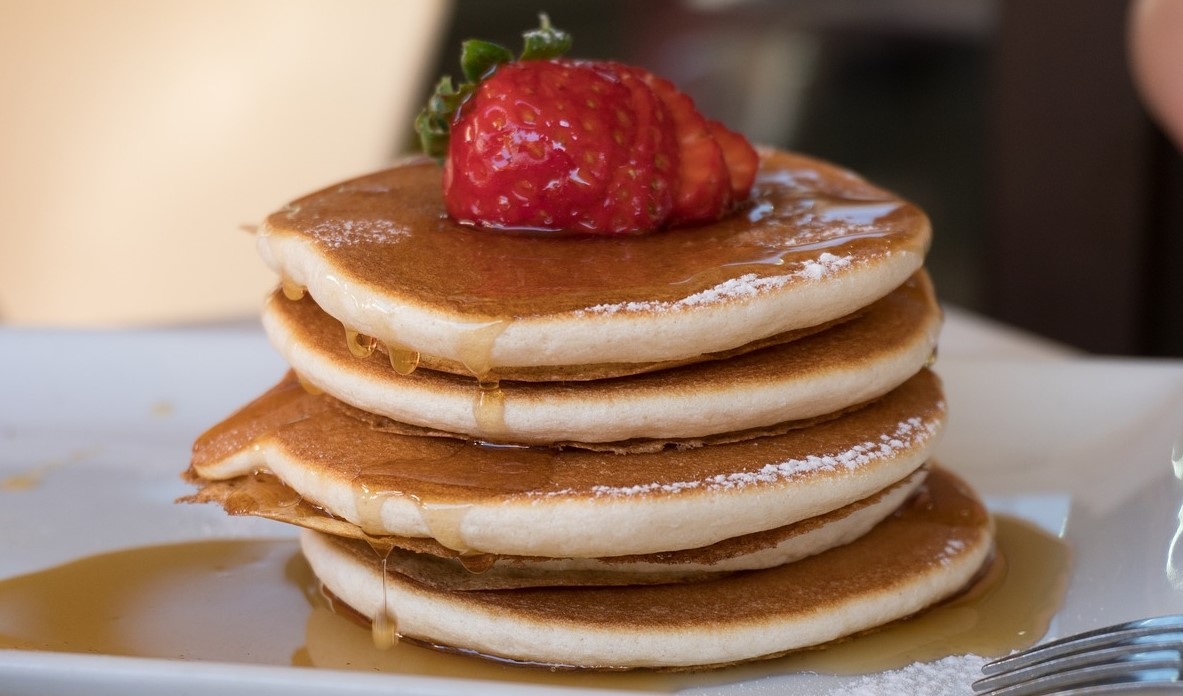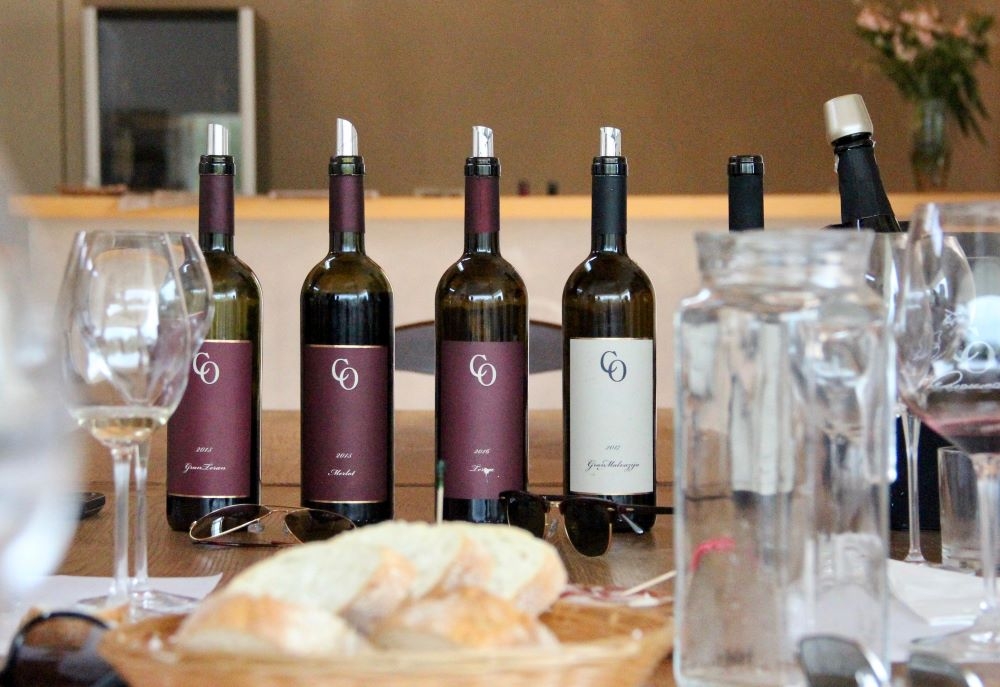
Shrove Tuesday was always called Pancake Tuesday at my home and meant cash!
For Catholics, Shrove Tuesday is the day before Lent, which starts on Ash Wednesday. The name Shrove comes from the old middle English word 'Shriven' which means confession — for Catholics confession is where you get in a booth and confess your sins to a priest in private. The Priest sits in an adjoining booth and pulls back a small screen and listens as you confess ‘sins’ like swearing or lying or hitting a sibling . . . or swearing! Did I mention swearing?
The point of the whole exercise is to seek moral absolution. I used to tell my folks that I was 'sinless' and would happily provide some of my ‘sin credits’ to my 'heathen' brother and two sisters if the church would just let me sit in the priest's confession box. That never went over well, although I once saw my dad chuckle when I suggested it. After you've ‘confessed’ the priest would usually tell you to repent by saying two or three ‘Our Fathers’ or a couple of ‘Hail Mary’s' to secure your absolution. I always seemed to get assigned to do seven or eight of each of the prayers as part of my penance.
I stopped going to ‘confession’ in my teens. I found it to be kind of a creepy thing. Besides, the church started holding general absolutions which meant you could say a prayer at Sunday mass and be free and clear of ‘sin’ for the week.
Anyways, back to the pancakes. Lent begins on a Wednesday, so in the old days people went to confession the day before Lent. This became known as Shriven Tuesday and later Shrove Tuesday.
Shrove Tuesday later became known as Pancake Day. That came from the old English custom of using the fattening ingredients in the house like eggs, milk and flour before Lent, because the idea was that you would not be needing them so much during Lent.
The easiest recipe for disposing of these ingredients was to combine them all and make pancakes! The Irish and later Newfoundlanders started the tradition of putting objects with symbolic value in the pancakes, and those who ate them, especially children would be part of a divinatory game as part of the meal. The idea was that the person who got an object in their pancake could interpret the gift as having some meaning: a coin meant the person finding it will be rich; a pencil could mean you would become a teacher; a holy medal or religious symbol signaled you might join a religious order or become a priest; a nail that you will be a carpenter (or marry one), thread – a seamstress and so on.
My mother would make pancakes with chocolate chips and blueberries and toss in quarters and dimes and the occasional silver dollar. Once she even put in a rolled up $2 dollar bill. You had to deftly poke through each pancake to determine the cash stash — and to avoid swallowing the coins. After that, it was loads of syrup….Amen!
It was probably the one time each year when I enjoyed Catholicism — well at least the pancake Tuesday part of the Shrove thingy!
Photo: Pixabay









